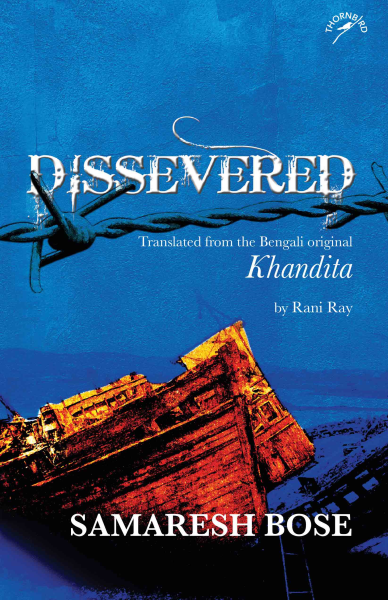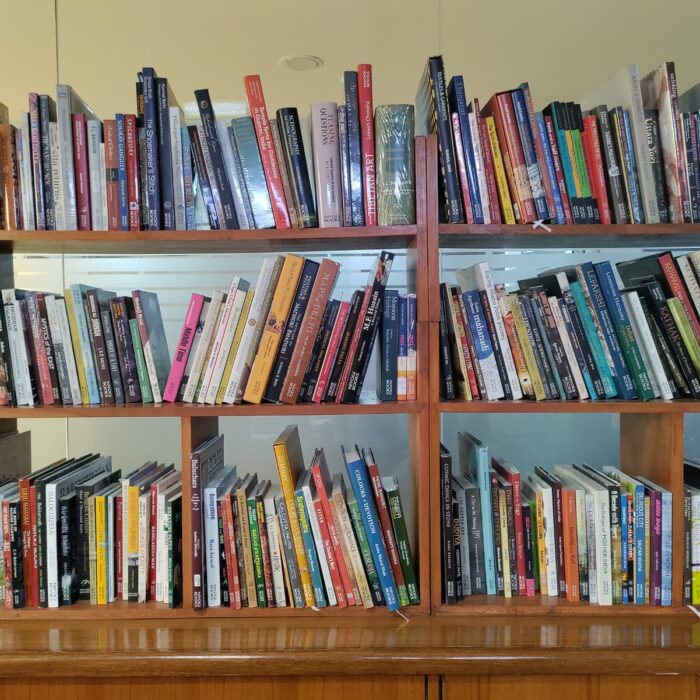Sign up and get notified with new article for free!

Book
Dissevered

Dissevered
Belonging to what one may best describe as representative of the culture of the ‘urban popular’, the novella Dissevered (Khandita), published seventy years after independence, incorporates the birth pangs of a newly emergent nation experienced by the so-called ‘gully boys’, Gora, Biju, and Satu, in a form that presents historical events through the techniques of fiction.
Its added significance to the modern reader is its prescient quality, bringing to the fore dominant questions of nationalism, identity crises, communal disharmony, and citizenship that mark public discourse in the present times. In the portrayal of events and personalities which belong to the twin history of the partition and the birth of a new nation (Bangladesh), and through a language of the gutters that ironically mimics the mores of civic society, the desire for unity of the nation felt by the three disoriented youths is in the realm of the ideal possible.This is metaphorically envisioned in the figure of Gandhi in Noakhali and as embodied in the desire for the nomadic female with amputated arms by Satu, one of the three young men.
This novella perhaps best illustrates Samaresh Bose’s genius as a writer, who could translate his experience of historical time in all its multiple complexities without the imposition of any doctrine (despite his leftist leanings). It remains a unique depiction of the conflicting emotions experienced by ordinary folks on the eve of India’s independence.
|


